
Introduction
Artificial Intelligence (AI) has moved far beyond chatbots and recommendation systems. The latest wave of innovation comes in the form of AI agents — autonomous systems that can think, decide, and act without constant human intervention. These AI agents are not just enhancing productivity; they are reshaping business processes, decision-making, and even the job market.
For businesses in India and around the world, understanding and leveraging AI agents can be the key to gaining a competitive edge in a rapidly evolving digital economy. From streamlining customer service to automating complex data analysis, AI agents are becoming a central part of the workplace ecosystem.
In this article, we’ll explore:
What AI agents are and how they work
Real-world examples of AI agents in action
Their impact on industries and employment
Challenges and ethical considerations
How Indian businesses can prepare for the AI-powered future
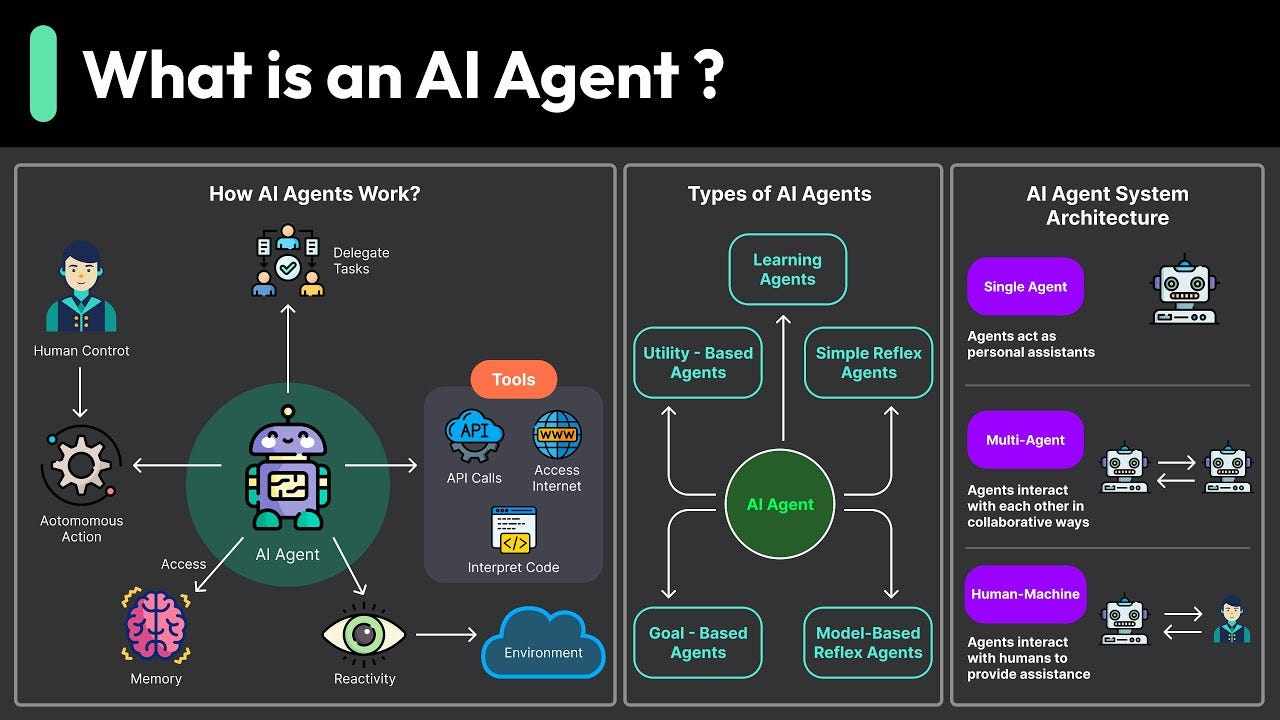
What Are AI Agents?
An AI agent is a software program that perceives its environment, processes data, makes decisions, and takes action — all with minimal or no human supervision. Unlike traditional AI models that require specific commands, AI agents are goal-oriented and can handle dynamic, unpredictable scenarios.
Key Characteristics of AI Agents
Autonomy: Operate without human micromanagement
Adaptability: Learn and adjust to changing environments
Proactivity: Take actions to achieve specific goals
Collaboration: Work alongside humans or other AI systems
Core Components
Perception Layer – Collects data from sensors, APIs, or databases.
Decision-Making Engine – Uses AI algorithms to analyze data and decide the best course of action.
Action Layer – Executes the chosen action, whether that’s sending an email, triggering a process, or interacting with a user.
Examples of AI Agents in Action
1. Customer Support Automation
Companies like Haptik and Yellow.ai are deploying conversational AI agents that handle customer queries 24/7 in multiple languages, including Hindi, Tamil, and Marathi.
2. Financial Market Trading
Autonomous trading bots analyze market data in real-time, making buy/sell decisions in milliseconds. For instance, Upstox and Zerodha are experimenting with AI-driven advisory tools.
3. Healthcare Diagnostics
AI agents, such as IBM Watson Health, assist doctors by scanning patient data, suggesting diagnoses, and recommending treatment plans.
4. Supply Chain Optimization
From predicting demand surges to rerouting shipments, AI agents are optimizing logistics for companies like Flipkart and Amazon India.
Why AI Agents Are Transforming the Workplace
1. Increased Productivity
AI agents can handle repetitive and time-consuming tasks, freeing human employees to focus on creative and strategic work.
2. Real-Time Decision Making
With their ability to process large datasets instantly, AI agents help businesses make better, faster decisions.
3. Cost Savings
By automating workflows, businesses can reduce labor costs and minimize human error.
4. Scalability
Once trained, AI agents can operate on a massive scale without requiring proportional increases in human resources.
Impact on Different Industries
1. IT & Software Development
AI agents can assist in code generation, debugging, and even deploying software, allowing developers to work faster and with fewer mistakes.
2. Retail & E-Commerce
From virtual shopping assistants to personalized recommendations, AI agents improve the customer journey, driving higher sales and loyalty.
3. Manufacturing
AI-powered robots can monitor production lines, detect faults, and perform predictive maintenance without human intervention.
4. Banking & Finance
Fraud detection AI agents analyze transactions in real-time, reducing fraudulent activities and improving compliance.
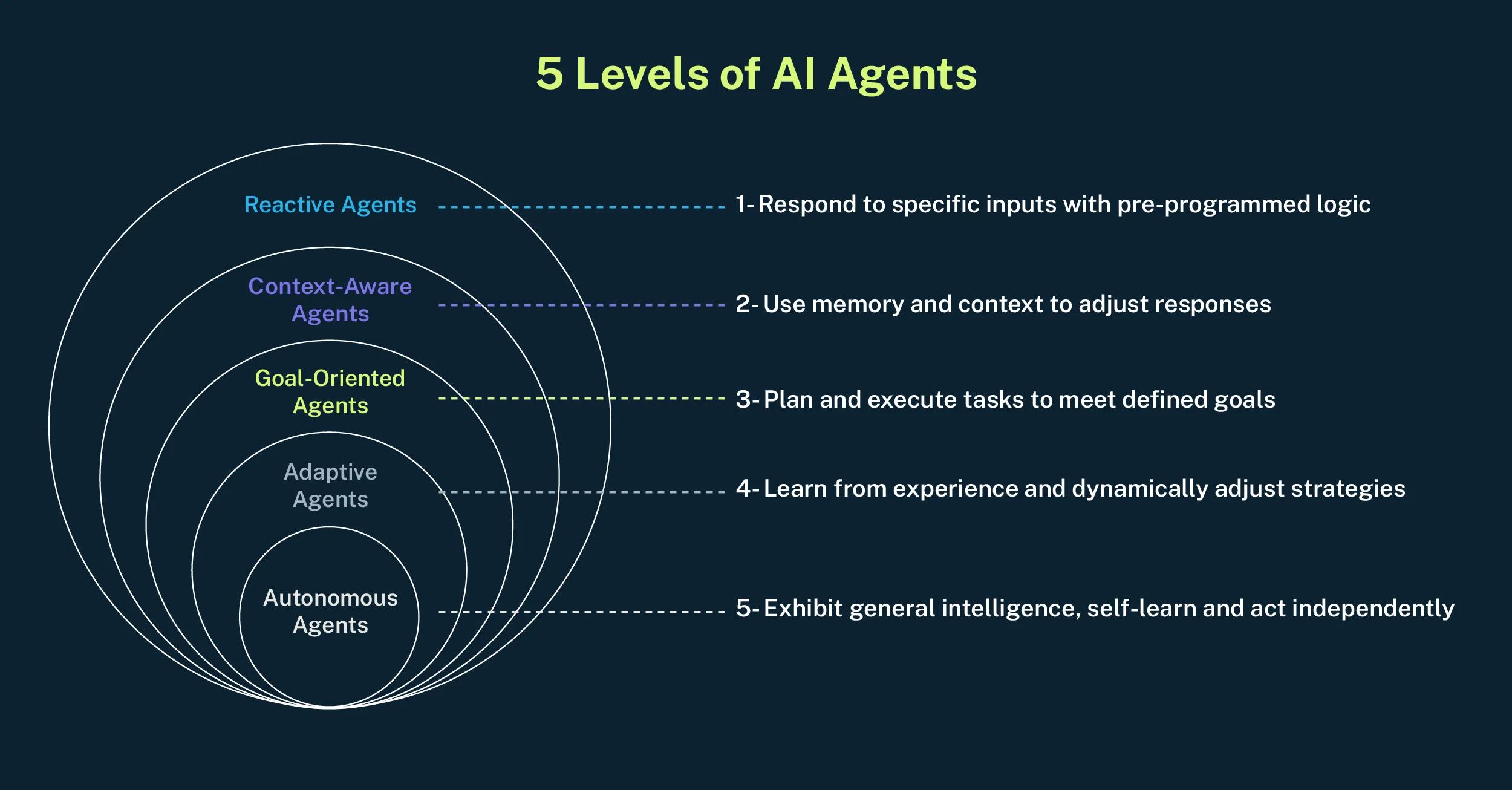
Challenges in Adopting AI Agents
1. Data Privacy & Security
AI agents rely heavily on data, making them potential targets for cyberattacks.
2. Job Displacement Concerns
While AI creates new roles, it may also reduce the need for certain repetitive jobs.
3. Ethical Decision-Making
AI agents may face scenarios that require moral judgments — and coding ethics into algorithms remains complex.
4. Integration with Legacy Systems
Many Indian businesses still operate on outdated software, making AI adoption more challenging.
How Indian Businesses Can Prepare for the AI Agent Era
Upskill the Workforce – Train employees in AI, data analytics, and automation tools.
Start Small – Implement AI agents in one department before scaling.
Ensure Data Readiness – Clean, structured data is essential for AI performance.
Collaborate with AI Development Companies – Partner with a reliable AI software development company in India to design and deploy customized AI agents.
The Future of AI Agents
The next generation of AI agents will be:
More Human-Like – Understanding context, emotions, and tone.
Interconnected – Working with other AI agents in a networked ecosystem.
Self-Learning – Continuously improving without retraining.
For Indian startups and enterprises, early adoption could mean becoming industry leaders, while late adoption could risk falling behind.
Challenges and Considerations When Implementing AI Agents
While AI agents offer remarkable benefits, organizations must address certain technical, ethical, and operational challenges to ensure successful adoption.
1. Data Privacy and Security
AI agents thrive on data, but this also makes them vulnerable to cybersecurity threats and privacy concerns. Without proper encryption, access control, and anonymization, sensitive information can be compromised. Compliance with regulations like GDPR, HIPAA, and CCPA is crucial.
Tip: Always integrate security-by-design principles when deploying AI agents.
2. Bias and Fairness in Decision-Making
If an AI agent’s training data is biased, its decisions can also be biased — leading to unfair outcomes in hiring, lending, healthcare, and law enforcement. Ensuring diverse, representative training datasets and implementing regular audits can help mitigate this.
3. Integration with Legacy Systems
Many companies still operate on outdated or proprietary systems that don’t easily connect with modern AI platforms. Developing custom APIs or middleware is often necessary to ensure seamless integration.
4. Continuous Learning and Maintenance
AI agents must be regularly updated to adapt to changing environments, new data, and evolving user needs. This involves ongoing training, monitoring, and optimization — making AI a continuous investment rather than a one-time setup.
5. Cost and Resource Requirements
While cloud-based AI agents have lowered the entry barrier, enterprise-level deployments can still be expensive. Costs include infrastructure, data acquisition, licensing fees, and expert talent for AI engineering and model training.
6. User Trust and Transparency
For users to trust AI agents, they need to understand how decisions are made. This is why explainable AI (XAI) is gaining importance — providing clear, human-readable explanations of AI actions and recommendations.
FAQs
Q1: Are AI agents the same as chatbots?
No. Chatbots are limited to scripted conversations, while AI agents can make complex decisions and take proactive actions.
Q2: How do AI agents differ from traditional automation?
Traditional automation follows fixed rules, whereas AI agents can adapt and learn from new situations.
Q3: Will AI agents replace human jobs?
Some roles may be automated, but new jobs in AI oversight, development, and strategy will emerge.
Q4: What is the cost of implementing AI agents in India?
It depends on the complexity, industry, and customization needed, but small-scale implementations can start from a few lakhs.
Q5: Which industries in India will benefit the most?
IT, banking, healthcare, manufacturing, and e-commerce are expected to see the most immediate benefits.
Conclusion
AI agents represent the next big leap in business automation. For Indian companies, adopting these autonomous systems can unlock massive productivity gains, enable smarter decision-making, and provide a strong competitive edge in a global market.
The key is to start early, invest in skills, and choose the right AI technology partners. The businesses that embrace AI agents today will define the workplace of tomorrow.
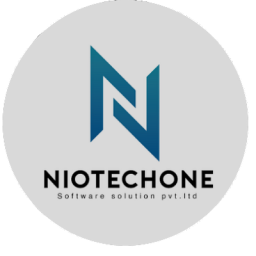




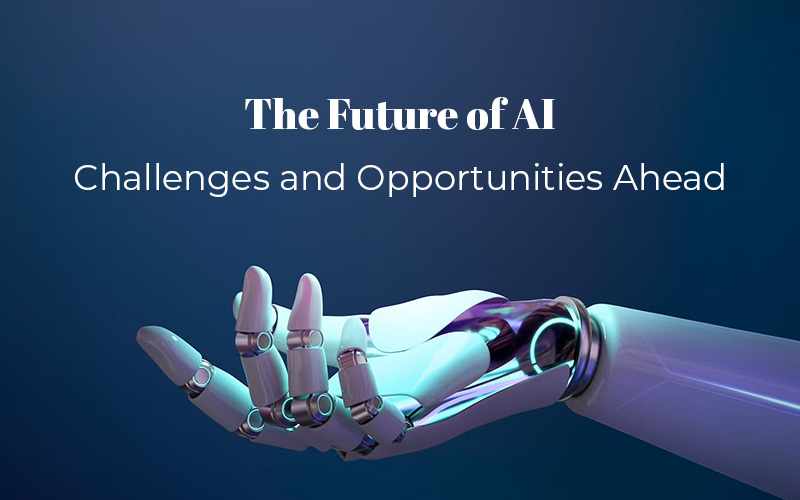
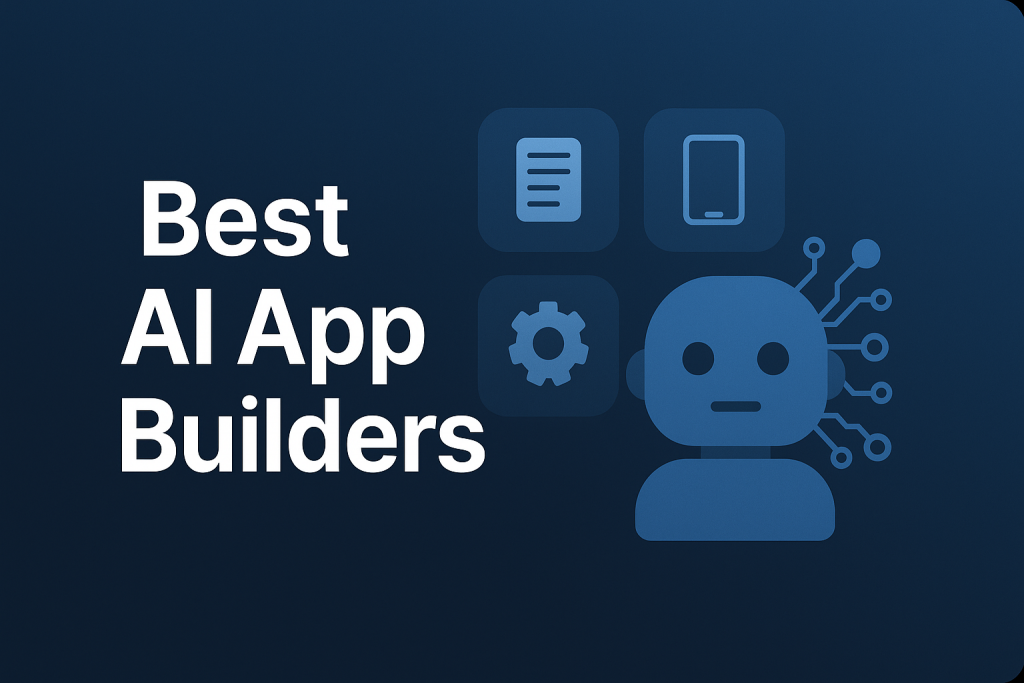

Write a comment ...